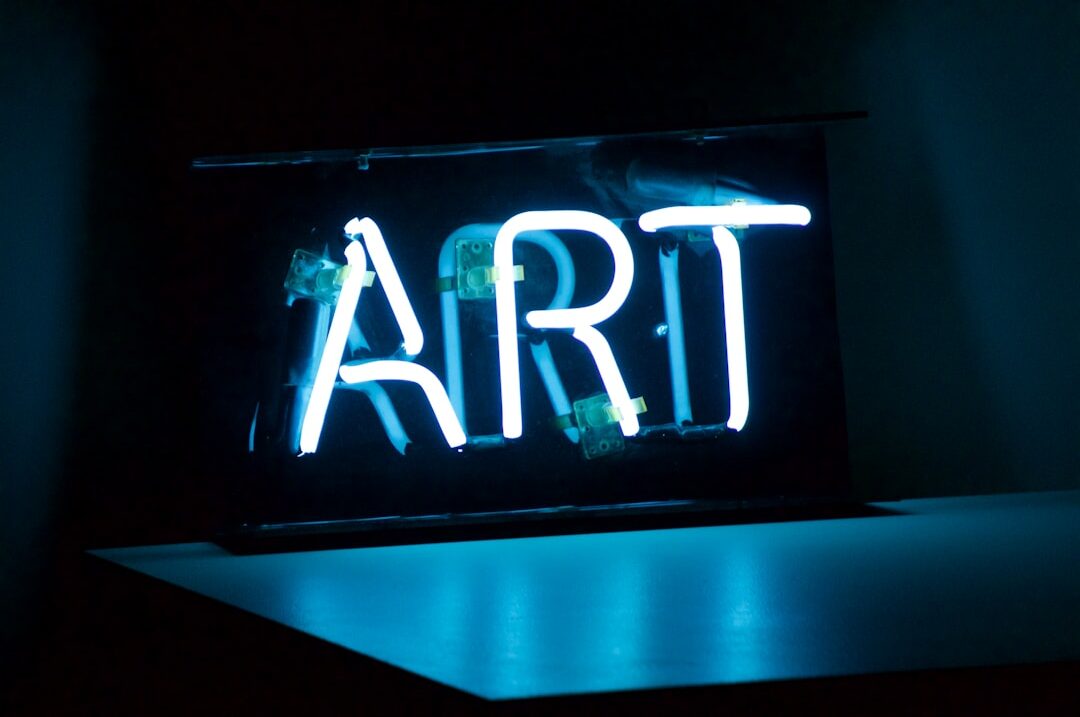How to Answer “What Inspires You?” in 2025: Huru.ai’s Advanced Creative Interview Guide


Ready to land your next creative role? Start practicing unlimited interviews for free with Huru.ai and get instant AI feedback on your answers, communication, and presentation skills. Try Huru now →
Inspiration Unpacked: Why Employers Ask This Question
Interviewers aren’t just being philosophical—they ask “What inspires you?” to uncover what drives your creative engine and how your passion translates into innovative, motivated work. Your answer reveals your values, resilience, and ability to thrive in dynamic, creative environments. More than ever in 2025, companies want to hire professionals whose personal inspiration aligns with company culture, cutting-edge trends, and a growth mindset.
- Authenticity: Are you genuinely passionate or just recycling clichés?
- Creative Process: How do you turn inspiration into tangible results?
- Alignment: Do your motivators match the company’s mission and industry direction?

2025 Creative Careers: Trending Sources of Inspiration
The creative landscape evolves rapidly, with AI, cross-disciplinary innovation, and social impact taking center stage. In 2025, interviewers love when candidates cite inspiration from:
- Visionary artists or designers blending tech and art (e.g., AI artists, multidisciplinary creators)
- Groundbreaking design trends—think sustainable design, digital humanism, or immersive experiences
- Personal stories—moments when you solved a creative challenge or found joy in collaboration
- Cultural phenomena—music, literature, film, or even global movements that shape your creative outlook
- Emerging technologies—AI tools or platforms that transform creative processes
Connect your inspiration to current industry shifts—such as ethical AI in design or the rise of remote creative collaboration—to demonstrate relevance and vision.
Frameworks for Standout Answers: Authentic Storytelling for Creatives
Generic answers won’t cut it in 2025. Structure your response with a storytelling framework that blends authenticity, creativity, and job relevance. Here’s a proven strategy:
- Personal Spark: Start with a pivotal story, artwork, or figure that genuinely inspires you.
- Creative Impact: Describe how this inspiration influences your process, style, or problem-solving.
- Industry Connection: Relate your inspiration back to current trends, company values, or the role’s demands.
- Growth Factor: Share how your sources of inspiration fuel your ongoing learning and creative resilience.
💡 Key Takeaway
In 2025, the best answers to “What inspires you?” are personal, forward-looking, and tailored to the company’s creative ambitions. Use storytelling to connect your inspiration to real-world achievements and industry trends.
Real Answers: Inspiration Stories That Impress Interviewers
Let’s see how standout candidates have answered this question across creative industries in 2025:
| Industry | Sample Answer |
|---|---|
| UI/UX Design | “I’m inspired by the challenge of making technology feel human. Watching the evolution of accessible design motivates me to create interfaces everyone can enjoy.” |
| Digital Art | “The fusion of AI and art inspires me—like artists who use generative tools to explore new frontiers. I experiment with AI-based illustrations to push my creative boundaries.” |
| Content Creation | “Storytelling that drives social change inspires my work. I’m motivated by campaigns that blend creativity with purpose, and I always look for ways to do the same.” |
| Product Design | “I’m inspired by products that solve real problems and delight users. Seeing how design thinking impacts people’s lives fuels my desire to innovate.” |
Notice how each answer links personal passion to industry or company goals—this is what hiring managers remember.
AI-Powered Practice: Perfecting Your Answer with Huru.ai
You don’t need to practice alone. Huru.ai’s unlimited interview simulations let you rehearse your answer to “What inspires you?” in a pressure-free environment and get instant, personalized AI feedback on your story, delivery, and authenticity. See how AI can help you:
- Spot clichés and generic phrases, suggesting creative alternatives for more impactful stories
- Tailor your response to specific job descriptions and company values
- Receive tips on preparing for interviews, including question frameworks and communication techniques
- Analyze your intonation for engaging, confident delivery
- Get customized practice sets via personalized AI coaching
Pro Tips: Avoid These Common Mistakes 🚫
- Don’t be vague. “I’m inspired by art” is forgettable. Name names, describe moments, and show outcomes.
- Skip the clichés. Avoid overused buzzwords—be specific and original.
- Don’t ignore the role. Connect your inspiration to the job you want—not just your personal interests.
- Avoid negative inspiration. Focus on positive motivators, not what you want to escape from.
- Don’t leave out your growth story. Show how your inspiration pushes you to learn and improve.
Practice in Action: Watch & Learn
See how top creative candidates tackle interview questions in real time. This video offers strategic guidance for standing out with authenticity and clarity in your answer to “What inspires you?”
🔗 Internal Resources
FAQs: What Job Seekers Really Want to Know
Absolutely—but always tie it back to how it shapes your approach, creativity, or work ethic on the job.
Yes, if you add a personal twist—explain what specifically about their work or journey motivates you and how it influences your projects.
Practice with AI tools like Huru.ai to get feedback on authenticity and delivery. Focus on speaking conversationally and with genuine enthusiasm.
Definitely! Connect your sources of inspiration to the specific company, its products, or its creative philosophy for maximum impact.
👤 About the Author
Elias Oconnor is a dedicated content writer at Huru.ai with a passion for empowering job seekers in the creative and tech space. Elias specializes in actionable career advice, AI-driven interview strategies, and breaking down complex topics into practical steps. Connect with Elias via the Huru.ai platform for more expert interview tips.


 Jun 26,2024
Jun 26,2024  By Elias Oconnor
By Elias Oconnor